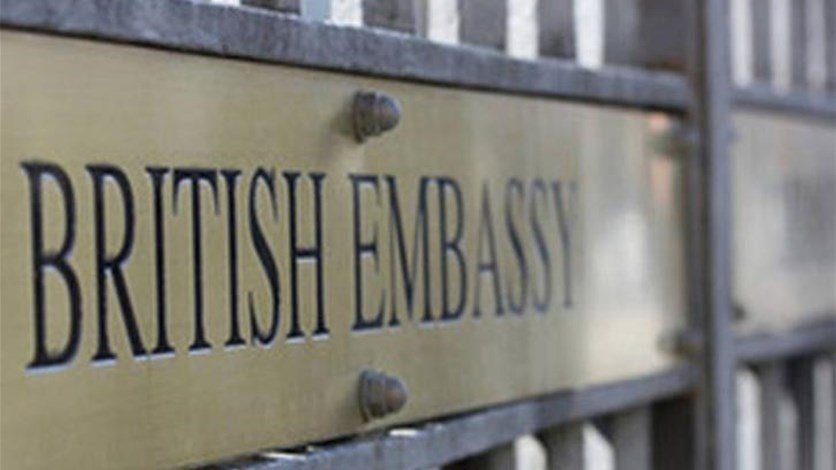Al-Akhbar, the pro-Hezbollah Lebanese newspaper, published a report accusing the UK intelligence of being behind Lebanon’s October 17th revolution.
With the headline London Leaks: How Do We Make Lebanon’s Revolution?, the article proceeds to link the recent resignation of the British ambassador to Lebanon to suspicious reasons.
Almost two weeks ago, the British embassy in Lebanon announced that UK Ambassador Chris Rampling would be leaving the country this month, for family-related reasons and that a successor would be named at a later time.
Al-Akhbar stated that Rampling’s reasons for leaving are questionable, going further to say that many other employees at the British embassy in Beirut left without creating any fuss behind them, and without having to justify it with ‘family reasons’.
A matter that the pro-Hezbollah media site deemed suspicious.

“For those who remained in Lebanon, a warning was issued to them to be very careful, to act on the basis that they are under surveillance, and to work to convince other foreigners to leave a country that is on the verge of a collapse,” Al-Akhbar added.
It also accused the UK intelligence of allegedly spying on Lebanon, stating that “there are documents that show how the British government, through public relations agents, tried to gain access to Lebanese institutions through “spies”, while targeting a segment of the local public to “change their political beliefs” through a set of initiatives designed specifically to achieve this goal.”
This set of initiatives, as Al-Akbar describes it, is the Lebanese revolution that began on October 17th of last year.
The report also alleged that the British government is actively working to spread chaos in Lebanon by working closely with activists and certain NGOs.
However, Al-Akhbar did not name the source of all the stated information, calling it anonymous.

During the Lebanese revolution, which erupted against government corruption and the compounding crises, Al-Akhbar, akin to Hezbollah’s leader Hassan Nasrallah and its television Al-Manar, proclaimed a strong anti-revolution position.
They all went accusing the people’s uprising of being funded by foreign embassies and fuelled by political forces backed by regional states.
It prompted four journalists to resign from Al-Akhbar due to the administration’s stance in attacking and spreading rumors against the revolution.

















